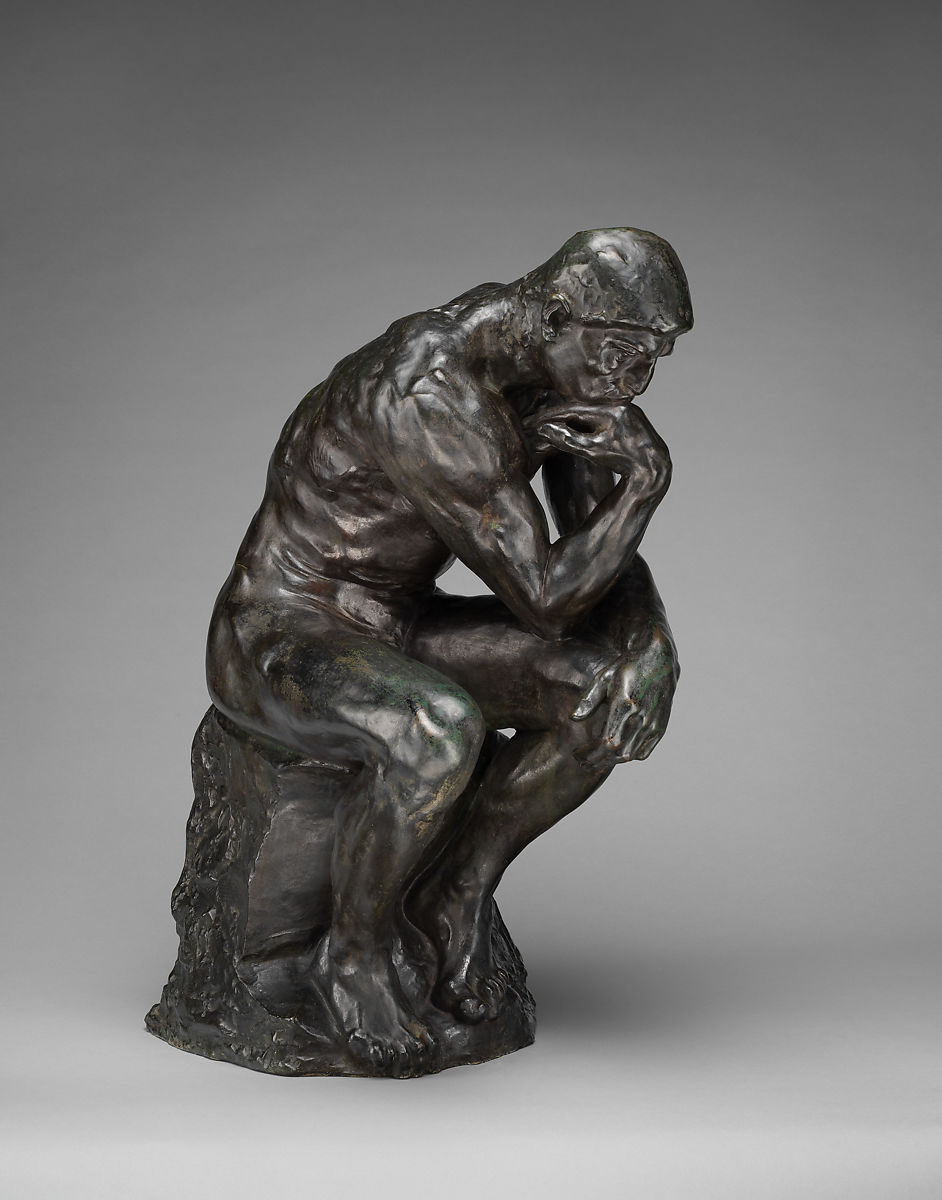
-by Pat Flynn
“There are countless things we do not know—and probably cannot know, in this life, anyway. Fortunately, there are many things we do know, or at least can know, with certainty or high probability. And so the Flashlight Principle says to use what is clear to shine light on what is unclear . . . and always to separate the clear from the unclear.
Here are some things I believe we can know either with certainty or high probability.
-That we can know things. If we couldn’t, then how do you know the meaning of these terms?
-That God exists. Reason forces us toward some ultimate explanation that escapes all categories of things requiring a cause outside themselves—and this, as so many philosophers have claimed, we call God: the pure actuality, utterly simple, transcendent absolute. Otherwise, there would be no sufficient condition for being.
-That murder is wrong.
We can also know that something is the case without knowing why or how. For example, I can know that my wife Christine loves me without knowing how or why. The “why” especially seems especially mysterious sometimes! However, my lack of knowing the “how” or “why” does not cause a single doubt of “the fact that” my wife Christine loves me, given all the evidence I have. She sacrifices for me, has married me, has given birth to our children, and constantly expresses her affection in myriad other ways, like slow-roasting cashews in the oven for me.
Of course, questions of any curious and intelligent person might be raised in the form that indicates not just a question but an objection. What I am going to suggest is the Flashlight Principle can help us avoid questions turning into objections or reasons for doubt.
If it is true that we can know that God exists, and that God is perfectly good and wise, then we can know that God has good (in fact, the best) reasons for doing anything, even if we have no idea what those reasons are. This is the Flashlight Principle at work. In this case, it prevents a question from turning into an objection because it uses what is clear to reason to illumine (or at least defuse) what is unclear to reason; it allows what might otherwise be perceived as a difficulty to be, at worst, a mystery. (Ed. “mystery”, in the Catholic definition, is not something that is unknowable, rather infinitely knowable.) In other words, by what we already know (that God exists and is perfectly wise), we can see (by reason) that God has good reasons for creating humans how and when he did, and what ever else He does, even if we have no idea what those reasons are.
Philosophers have long claimed that the concept of beings who have to be caused by something logically implies the existence of a necessary thing causing those beings. You can get the divine attributes from there. This is using reason to gain clarity: although many things in life are mysterious, at least some things, including God’s existence, can be known with great logical force.
That’s a mere summary, but it does share in a venerable tradition among the greatest minds ever to live, including Plato, Aristotle, Augustine, Boethius, Aquinas, Maimonides, Avicenna, Leibniz, Clarke, and other philosophers today. You can see how many intellectual titans in the history of humanity thought not only that it is reasonable to believe in God, but also that God’s existence is logically entailed by the existence of anything. God’s existence, then, is not purely a matter of faith, but something many philosophers, then and now, consider a truth reachable by a consistent application of reason to common experience.
So it’s not necessary to doubt the existence of God just because you don’t know why he did something a certain way. To ask, “Why did God wait so long to create humanity?” is, in one sense, a perfectly good question, but in another sense, it reveals a misunderstanding of how to think about God.
For one thing, God is eternal. So there was no “waiting” on God’s part. All moments of creation are simultaneous to God in His eternity, (Ed. We say God lives in his eternal now. God transcends, exists outside of the time-space He created. So many prominent atheists, i.e. the late Stephen Hawking, Ricky Gervais, etc., display their ignorance when they stake their atheism that God is not in the universe. Of course, He’s not. A creating being, by necessity, must be, not even “exist”, for to use the word exist is to imply non-existence, or non-being, must be outside His creation, not within it! God is sine qua non.) so it is not as if God required an enormous amount of patience to get around to something more interesting. Also, it is not as if any of us had to wait, since (presumably) none of us existed until we were conceived—so who cares how much time predates us?
Whatever God’s reasons are for guiding our universe along its evolutionary timeline are probably not only something we cannot know (unless God tells us), but also something we should not expect to know. We are only one small (though extremely important) part of creation. So we should not expect to see such things, as seeing them would require a God’s-eye view. But keep this in mind: just because we do not see God’s reasons for why He created exactly as He did, that does not mean we see that God does not have reasons—let alone good reasons—for doing so. In fact, if we can see that God exists and has certain attributes (perfect wisdom, justice, and so on), then it is entailed that God does have reasons for creating the way He did—and good ones!
This is the Flashlight Principle at play: using what is clear to shine light on what is unclear, and not allowing questions to turn into (irrational) doubt.
By keeping the Flashlight in hand, we can pursue questions from a position of confidence rather than anxiety, fretting that an undesirable answer may turn up—or even no answer at all. Further, the Flashlight Principle encourages humility and intellectual exploration. It hinges upon us being able to know at least some things, including some important things, like God’s existence, through reason alone (Ed. as did the ancient philosophers) . . . but also, we cannot know everything, nor should we expect to.
In other words, life will always have its mysteries, and that’s okay. With the Flashlight Principle, these mysteries can be sources for intellectual and spiritual growth rather than confusion or despair.
So keep that Flashlight handy and well charged. Darkness is less intimidating with a source of light.”
Love & truth,
Matthew

